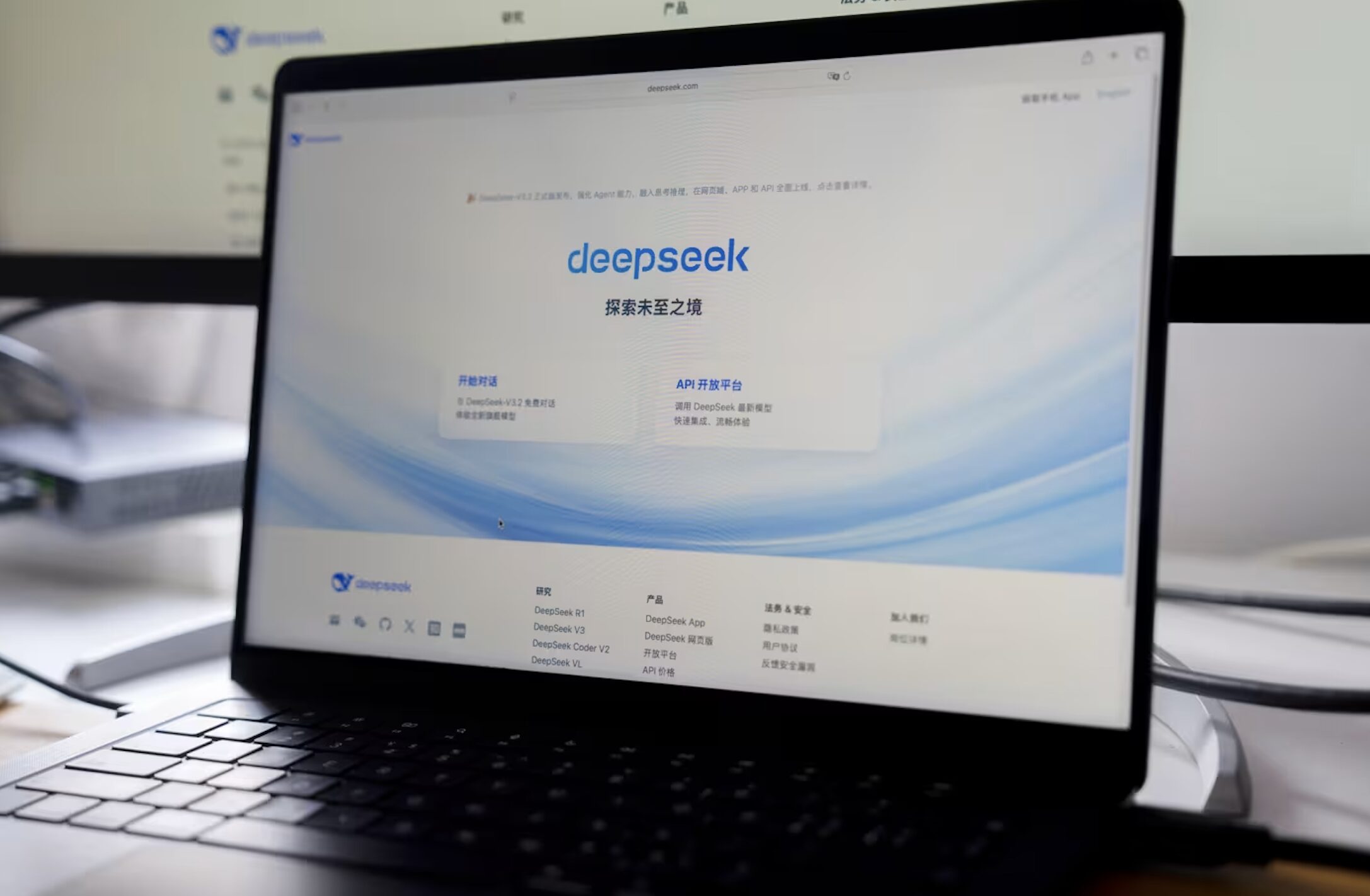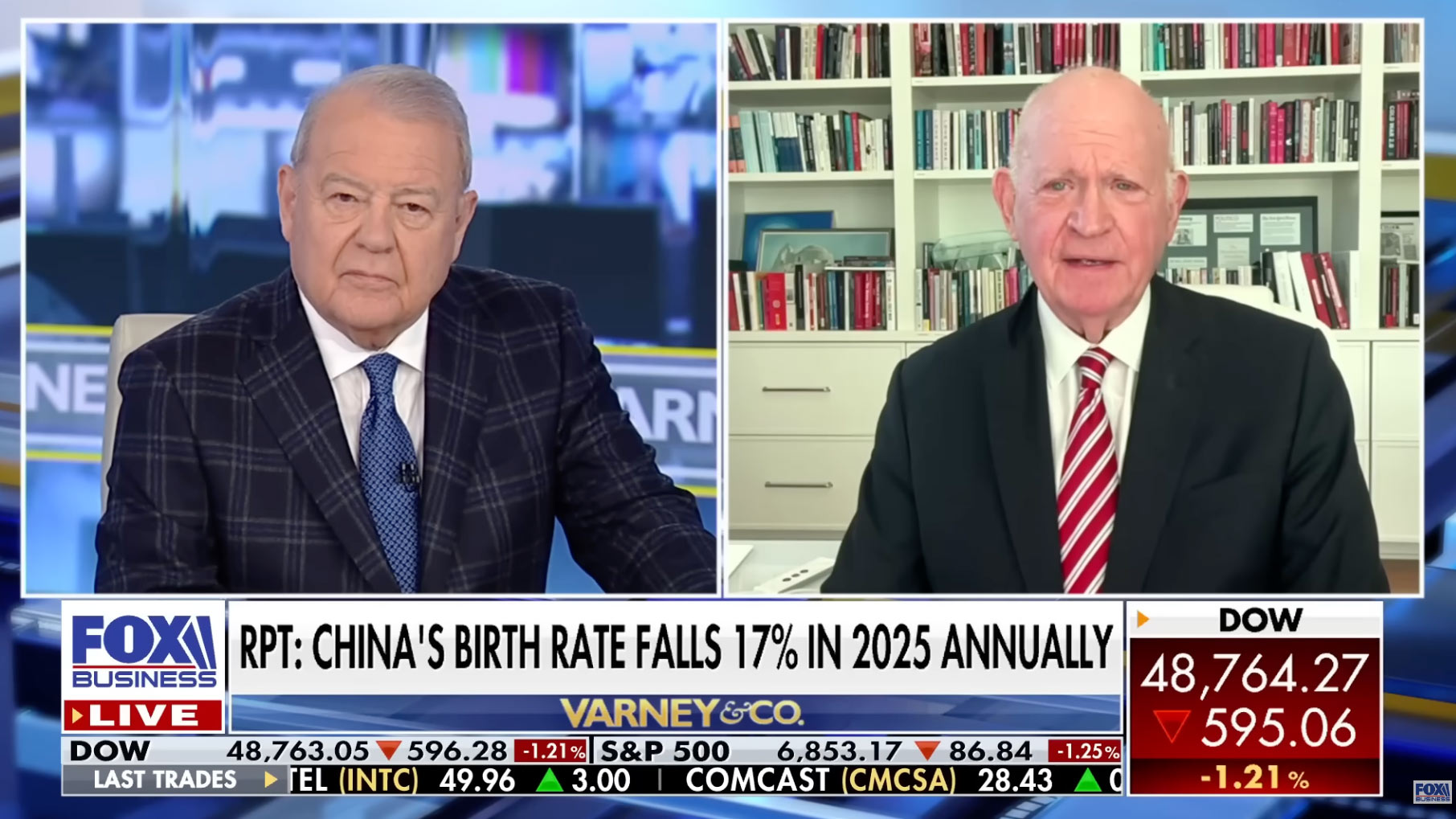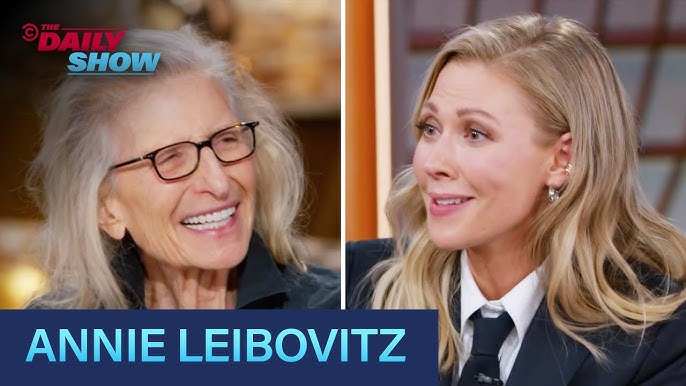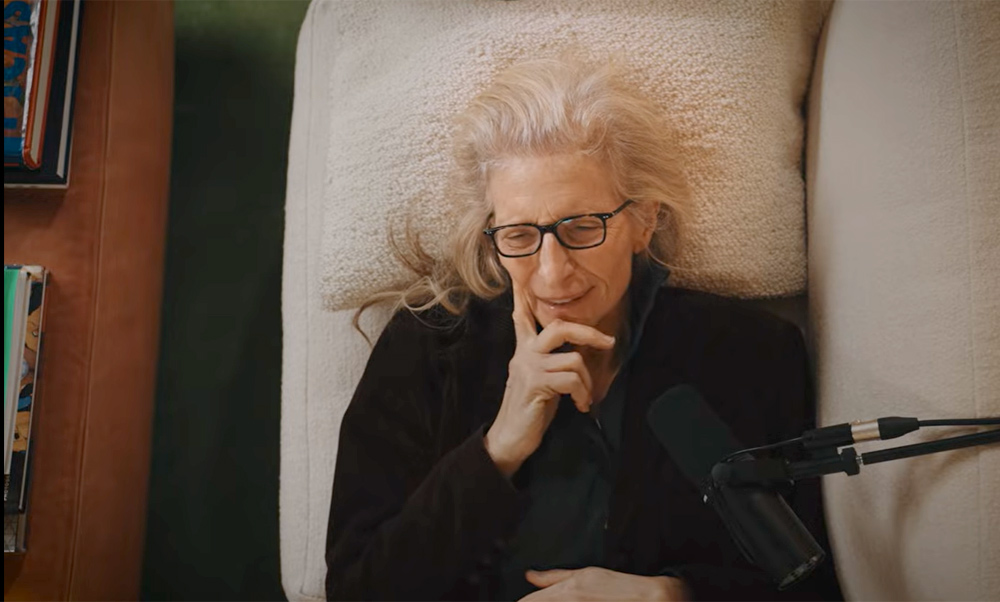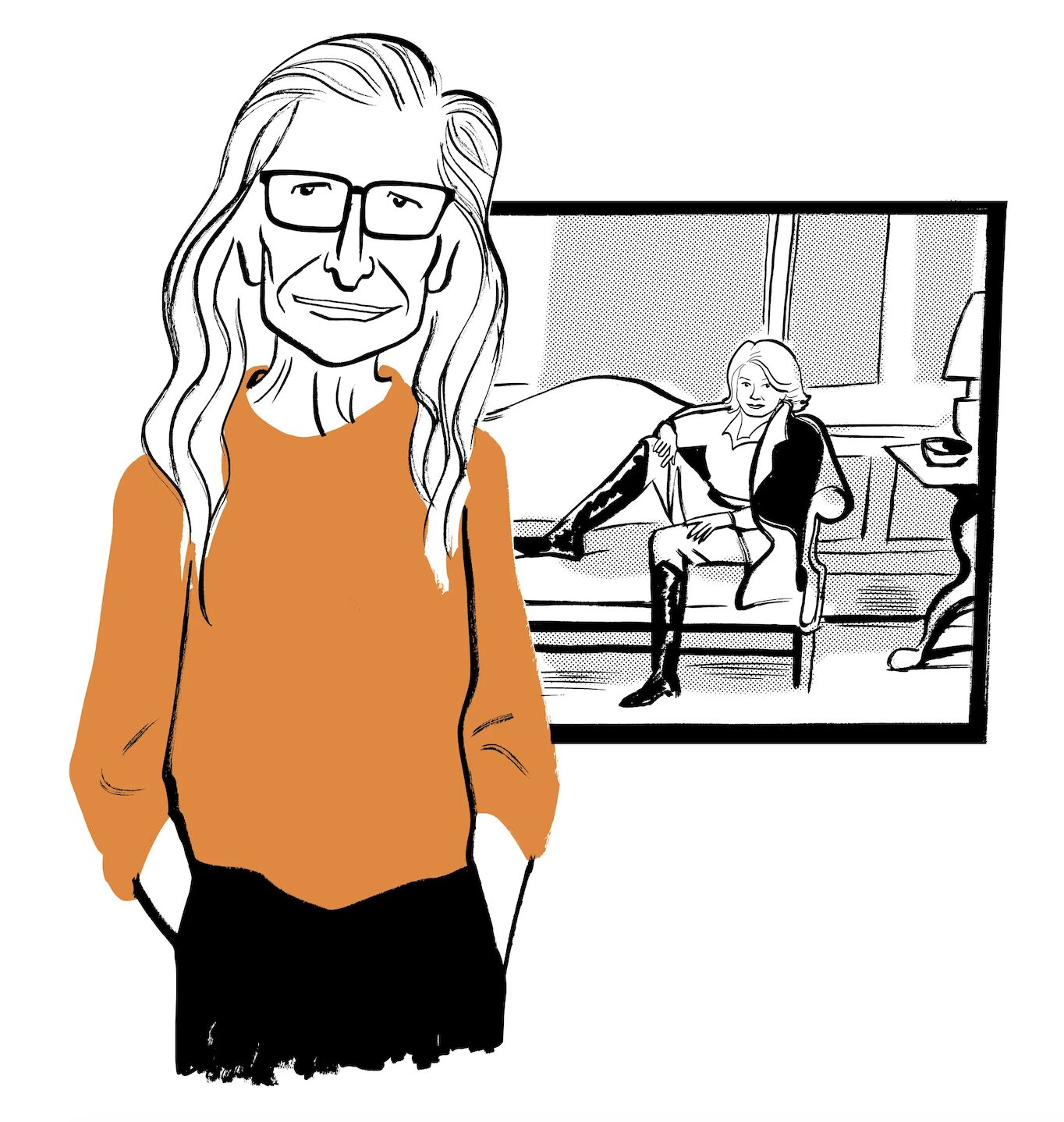My mom, Maggie, used to teach songwriting classes. When I started to write music—around the age of 11 or 12—one of the things that she had my brother, Finneas, and I do as an exercise was to watch a movie and write down things of note. What’s happening? What did the characters say? Was there an interesting sign in the background? Write anything down that sticks out to you, and then write a song based on that. So, from my very first days of writing music, I was following prompts from scenes in movies. That’s been part of the way that we write for so long that when we were given the opportunity to actually write for films, we were like, Whoa, we know how to do that! This is in our blood.
Some movie lovers have seen every movie, but I have movies that I watch a million times. That’s always been my vibe: I’m a rewatcher. Scores have always been a huge part of that. I remember when I was a kid falling in love with Bryan Adams’s soundtrack to Spirit: Stallion of the Cimarron as well as Ben Folds’s soundtrack for Over the Hedge. That was the moment I understood that, even if they happen to be on a soundtrack tied to specific scenes, they’re actually beautiful songs. And then there was the score to American Beauty. I heard one of the pieces randomly and downloaded the whole soundtrack by Thomas Newman. To this day, it’s some of my favorite instrumental music. That was another turning point for me in realizing how vital the score is to film and TV. I also love American Horror Story’s score and theme song. I’ve always been really drawn to horror, and when you watch a horror movie, almost all of what’s scary is the music and the audio. It adds so much suspense and tension.
If you are a musician, the coolest thing you can get is the Bond soundtrack. We were big fans, so we did a lot of song exercises where we’d pretend to write one. I always dreamed of having my song play over the credits in a movie—or to be the big moment in a movie—because those songs stay with you. When that was brought up as a real opportunity, it was shocking. It’s happened to us a few times now, and it’s never not been amazing.
I don’t ever remember writing a song about how I was actually feeling in the moment, because I was bored by that. Who cares about what I feel like today? (Of course, it turns out that a lot of people care, which is really cool.) But writing “What Was I Made For?” I wasn’t thinking about myself, or my life. I was just inspired by the perspective of a character. It was only afterward that I had a realization: It actually was about me. A lot of the time it is a subconscious thing, writing about myself, but doing it in a way that feels safer. It’s kind of trippy. I was thinking about a character, but it turns out I am the character.
The week after the song came out, I didn’t get enough sleep because I just stayed up watching videos that fans made for it. I can’t tell you how cool it was to feel like I was part of something that was bringing people together, all gender identities and generations from all over the world, and I loved that so much of it was bringing women together with all of those videos of people’s girlhoods and mom-and-daughter relationships. I have a lot of internalized misogyny—I did not ask for it and I don’t want it, but it’s there—and I’m constantly retraining myself not to think that way. “What Was I Made For?” brought women together in this beautiful but devastating way: We were all bonding about the traumas of being a woman in the world.
As a young female in the industry, I sometimes find myself fighting real resentment, but that’s the world that we live in. My body, face, and abilities are scrutinized in a way that a man’s just aren’t. I didn’t realize how relatable “What Was I Made For?” would turn out to be. People started to point out the lyrics and say, “Oh, my God, Billie wrote this for me, because this is how I feel.” Hearing people talk about how much their experience as a woman resonated with what I wrote was so sad, but I also felt less alone.
As a girl, I think the freedom of being a little kid is something that we don’t really ever get back, and we don’t realize it until it’s gone. You feel like a person—then suddenly you’re being looked at by grown men, you’re growing body parts you don’t recognize, and you get your period. Sometimes I see eight-year-old girls, and I think, Oh, my God, look at how free you are! You hit a certain age and it’s about to be the worst stage of your life.
I directed the video for “What Was I Made For?” and it’s one of my favorite things I’ve ever made. The hard thing about directing, especially when you’re not super experienced, is that you have this vision, but you don’t necessarily know how to achieve it. You’re trying your best trying to convey to people how you want it to look, but how do you even know the words to describe it? I felt very confident in what I wanted, and I asked about the things I didn’t know. When you get to the place that I’m at in my life, you hear a lot of “Yes.” I might not know what the hell I’m doing, and people will be like, “Yes, cool, let’s do it!” So I really ask everybody, “If I’m doing this in a weird way, please tell me. I want to learn.”
Score has been such a big inspiration, and it’s part of why I want to direct and edit my own videos. I think of music visually, and I think of visuals musically. If I edit something, the cuts have to be fully in sync with the music. With the “What Was I Made For?” video, I had my mom sit in a chair in the yard while I played the song and I did all the moves exactly how I wanted them to be. Somebody watching that video may not think about it much, but the camera is moving on all the correct beats, and with the lyrics and melody of the song.
I have my little secret list of directors that I would love to shadow or make something with, but I keep it to myself. How embarrassing is it if you say it out loud and then it doesn’t happen? (Okay, I definitely dream of doing something with Phoebe Waller-Bridge. I love, love, love her.) I would love to direct something big someday, but it’s cool to be part of other artists’ stuff as well. The whole creative process surrounding “What Was I Made For?” was nothing but mutual admiration. And to be a part of something so giant, and so important to the world—this is historical shit. Funnily enough with this song, there was no pressure. Finneas and I were sitting there as if we were puppets and the song was writing us. It felt like there was no world in which that song wasn’t going to be written. We were so moved that it was unstoppable.



